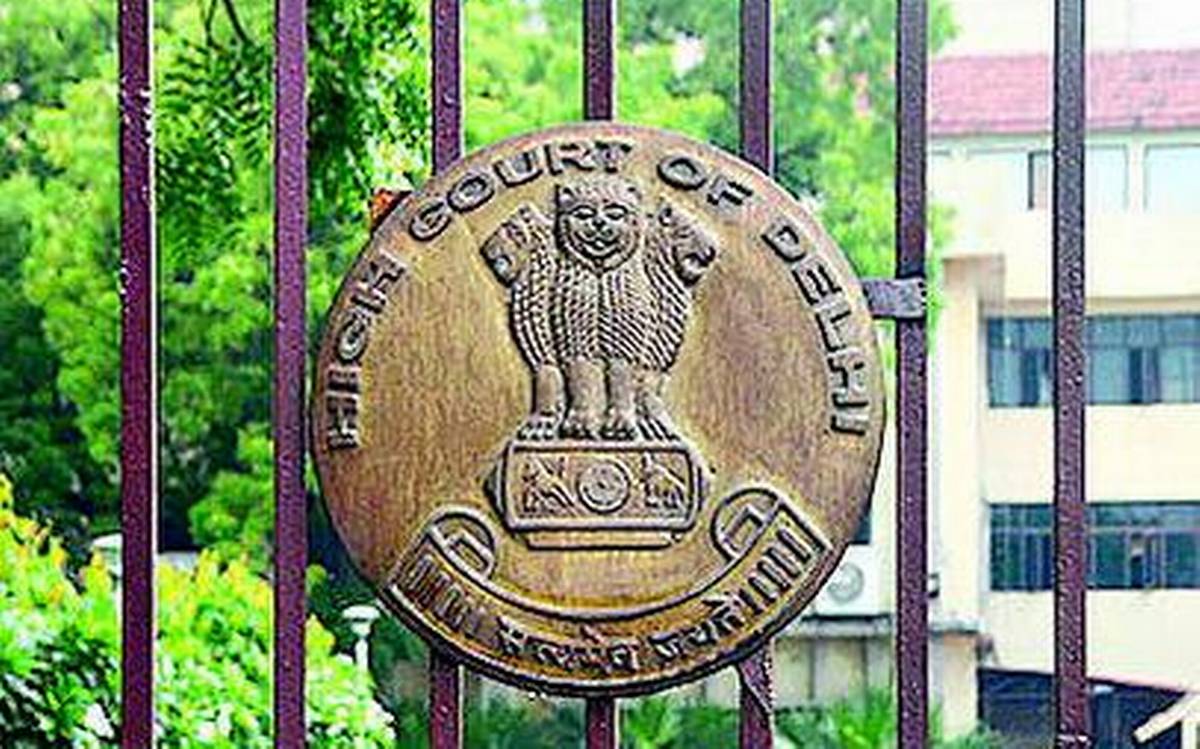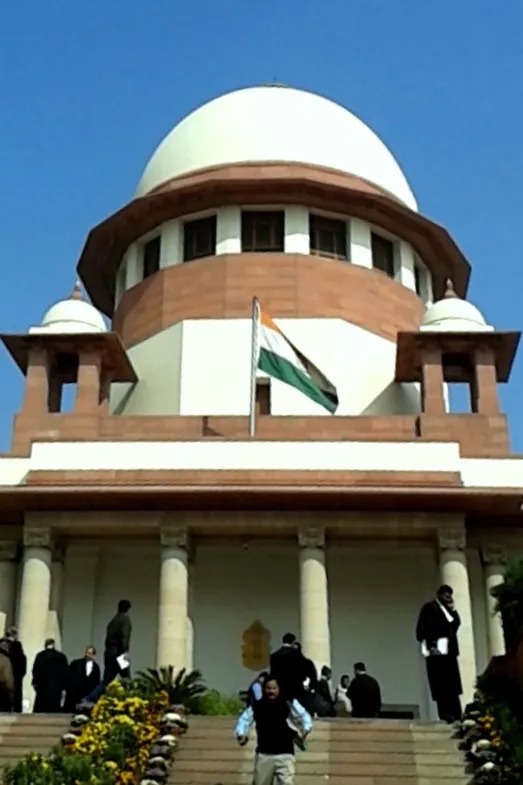P.P. Naolekar, C.J.@mdashThe appellant husband filed a petition for dissolution of marriage on the allegation that the marriage took place on 22.1.1995 according to Hindu rites and thereafter the husband and wife lived together. A child was born out of the wedlock, namely, Karanjoy Chakrabarty. They had been living together in a joint family but his wife, the respondent, "insisted that the appellant should leave the house and stay in a separate residence. As the appellant was to look after his old parents and as they were living in the joint family he disagreed to leave the parental house and live in a rented house with his wife. Thereafter being offended, the respondent wife left the house on 6.8.1996 while the appellant husband was in his office. The husband made several attempts to bring back his wife to the parental house but she refused to come back and, therefore, he has to approach the court for dissolution of the marriage.
2. After service of notice on the respondent wife, she entered appearance and filed her written statement. She has denied that she left the house of the husband with an intention to leave it permanently. She had never asked her husband to make alternative arrangement for living separately. In fact she has been taken to her father''s house on the request of her mother-in-law for her treatment of the ailments caused by the appellant by kicking her while she was carrying three months. She denied that the appellant had at any time tried to bring her back. It is further alleged that she had to file a petition for maintenance. Thus, the overall defence of the respondent is that she has not left the house at her own will with the intention to leave the matrimonial home for all times to come.
3. The learned court below framed the issue whether the respondent Smt. Bandhani Chakrabarty deserted the petitioner Sri Nalinakhya Chakrabarty on 6.8.1996. We may also mention here that the petition has been filed on 24.4.1998 seeking divorce on the ground of desertion. The husband Nalinakhya Chakrabarty has been examined. His evidence only indicates that he came back to Guwahati sometimes in the month of June, 1996 and thereafter some quarrel took place between the husband and the wife and the wife left the matrimonial home. That is the only statement in regard to desertion made by the husband in his petition. From the evidence it appears that no particular date has been given on which the wife is alleged to have left the matrimonial home. It has been said that on some day after June, 1996 she has left the house.
4. u/s 13(1)(ib) of the Hindu Marriage Act, 1955 either of the spouses is entitled to dissolve the marriage by decree of divorce if the respondent has deserted the petitioner for a continuous period of not less than two years immediately preceding the presentation of the petition. Thus, to establish the ground of desertion it is necessary to allege and prove the date on which the respondent has deserted the petitioner. In absence of any date being proved commencing desertion by the wife, there cannot be a decree for divorce. Even if it is taken to be that the wife had deserted the petitioner in the month of June, 1996, as argued by the learned counsel for the appellant, the period of two years did not exceed on the date 24.4.1998 when the petition for dissolution of marriage was filed. The appellant to become entitled for a decree of divorce on the ground of desertion is to establish that desertion is for the continuous period of two years, before presentation of the petition, seeking a decree of divorce. In the present case, two years have not been completed even if we take the date, as submitted by the learned counsel for the appellant, to be the date of desertion by the wife. At the time of presentation of the petitioner itself, the ground of desertion was not available to the appellant.
5. As regards custody of the child, at the time of presentation of the petition the child was only two years and, therefore, the mother would be a natural guardian of the child and considering the age of the child, it would be appropriate that the child live with his mother as directed by the court below.
6. For the aforesaid reasons, we do not find that any error of law and fact has been committed by the court below while dismissing the petition for dissolution of marriage. The appeal is dismissed with cost of Rs. 2,000 to be paid by the appellant to the respondent.
Office to send back the lower court records immediately.

